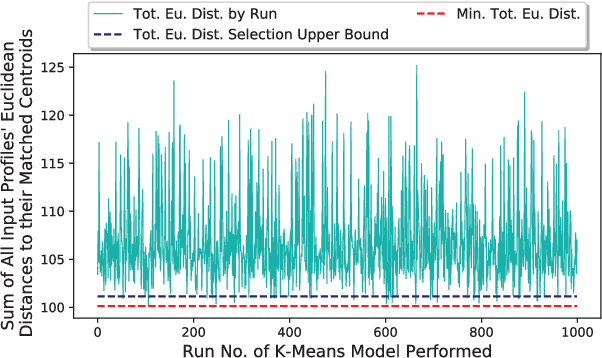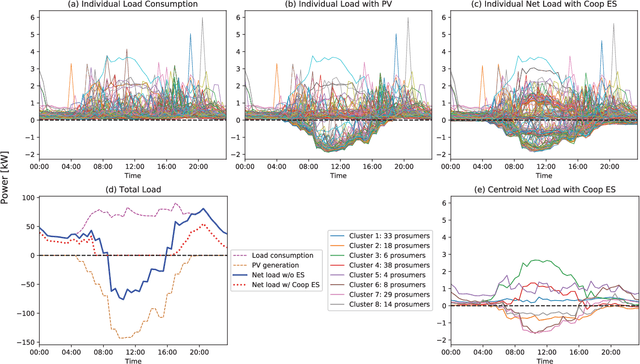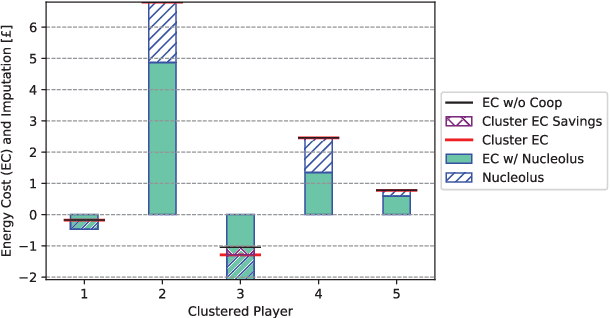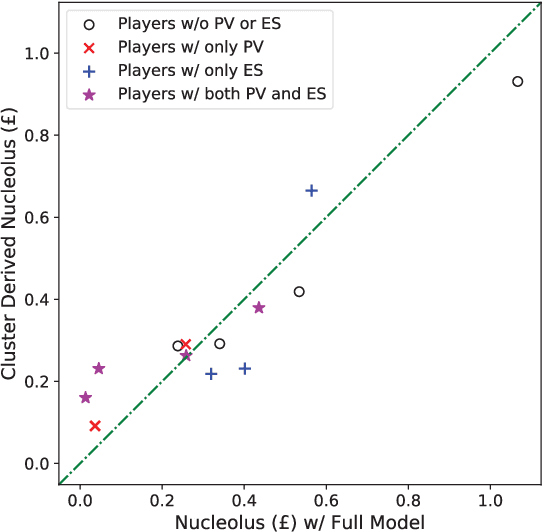Liyang Han
Improving the Scalability of a Prosumer Cooperative Game with K-Means Clustering
Mar 26, 2019



Abstract:Among the various market structures under peer-to-peer energy sharing, one model based on cooperative game theory provides clear incentives for prosumers to collaboratively schedule their energy resources. The computational complexity of this model, however, increases exponentially with the number of participants. To address this issue, this paper proposes the application of K-means clustering to the energy profiles following the grand coalition optimization. The cooperative model is run with the "clustered players" to compute their payoff allocations, which are then further distributed among the prosumers within each cluster. Case studies show that the proposed method can significantly improve the scalability of the cooperative scheme while maintaining a high level of financial incentives for the prosumers.
 Add to Chrome
Add to Chrome Add to Firefox
Add to Firefox Add to Edge
Add to Edge